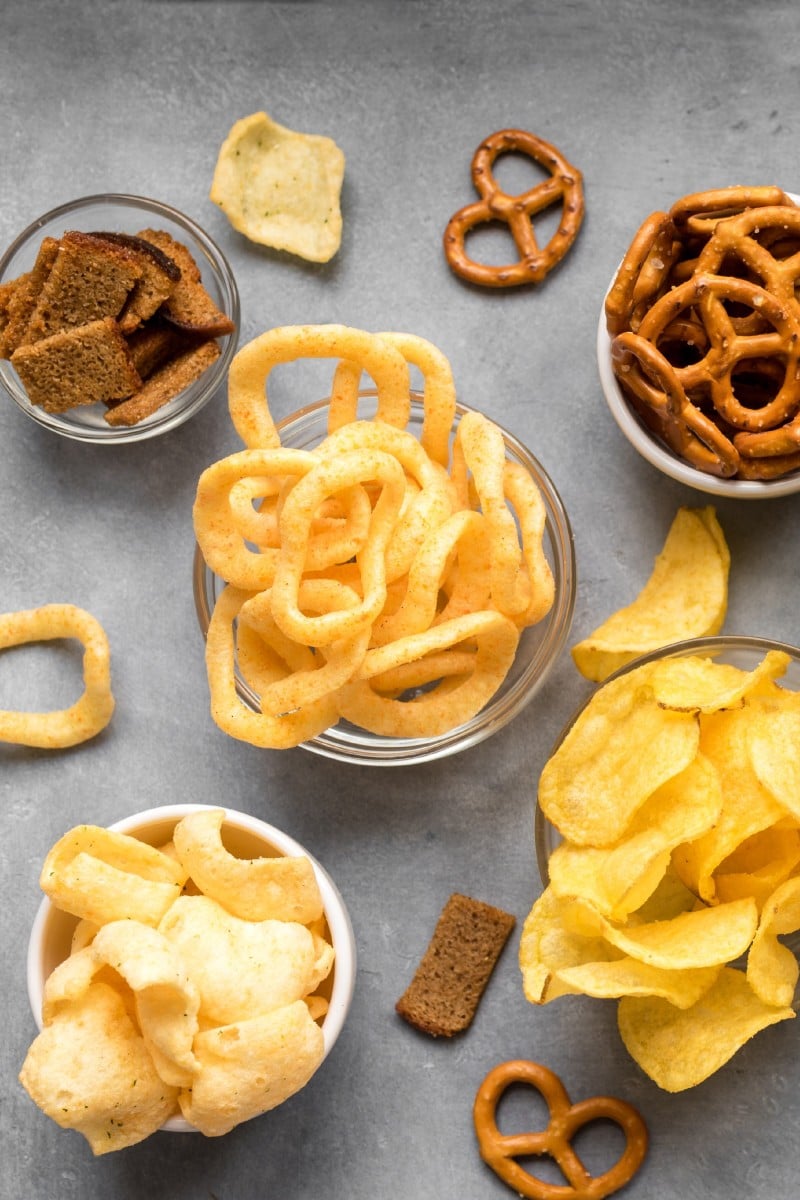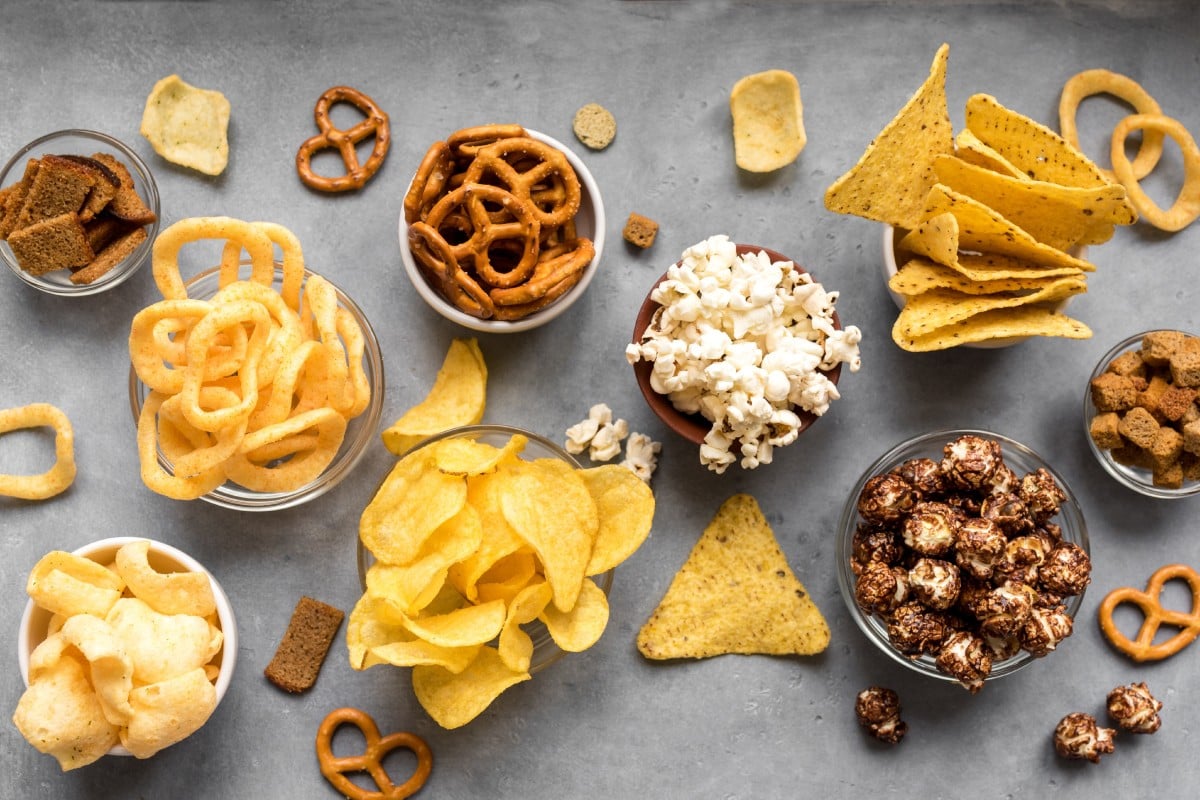
- Due to stress from the coronavirus, many of us are turning to junk food and binge eating
- Focus on increasing your self-awareness and self-care, and limit social media use to improve your mental health
 Have you been snacking more than usual? You're not alone. A global pandemic will do that to you.
Have you been snacking more than usual? You're not alone. A global pandemic will do that to you.A lot has changed over the past year. That doesn’t mean that we are accustomed to our “new normal”, so it’s natural if you find yourself opening the fridge or a kitchen cupboard every few minutes, and bingeing on crisps and cake for comfort.
Dr Quratulain Zaidi, a registered clinical psychologist and founder of MindnLife, a psychology practice in Hong Kong, told Young Post how the pandemic can lead to emotional eating, and ways to manage it.
Zaidi says emotional eating is a way of dealing with a negative mood by making bad food choices – both in terms of what you eat, and how much. It is often due to a combination of reasons, the most common being “restrained eating” and stress.
Make mental fitness your priority
Restrained eating refers to restricting and monitoring what one eats. Restrained eaters think about food constantly, and may be more likely to eat emotionally when unhappy or stressed.
Emotional eating can happen when you “are under a lot of pressure, due to school, work, or peer relationships, or feel exasperated in times of uncertainty, such as Covid-19,” she says, adding “people may associate their feelings with hunger.”
Zaidi warns this is a vicious cycle; over time, you may feel you need to eat more junk food to reach the same level of “happiness”. Your emotions can become so tied to your eating habits that you reach for a treat as a distraction whenever you’re stressed out.
How to avoid revenge bedtime procrastination
She adds that the high blood sugar levels caused by junk food can impact our mood and memory, and affect how we make decisions. What’s more, a study has shown that teenagers’ ability to process emotion is affected when their blood glucose spikes.
“Binge eating can also lead to feelings of guilt ... and further feed into our unhelpful critical inner voice, which can result in unhealthy coping behaviour,” she says.
Zaidi stresses that, ultimately, dealing with emotional eating comes down to stress management. This can range from making lifestyle changes to increasing self-awareness and self-care. Exercise and sleep are both crucial, too.
Stress can be a huge reason for emotional eating.
Zaidi recommends spending less time on activities and relationships that don’t enhance your life. “Limit your time on social media and watching the news. Instead focus on activities that help you recharge,” she says. “Invest in a network of friends who energise you rather than ones who drain it.”
She adds that practising effective communication skills, and learning to respond instead of react to situations, can reduce stress, especially if you are worried about family tensions during lockdown.
How to discuss mental health as a dude
“There are some things that we simply can’t control due to the pandemic. While you might be unable to walk away from an argument, you can try to de-escalate the situation and not turn to emotional eating as a go-to behaviour.”
Another tip is to keep a journal of cravings and moods, to track when your feelings make you want to indulge.
Don’t fret too much about what you’re eating in trying times like these, though. Zaidi says: “While it is a good idea to be more mindful of what and how much we eat, the pandemic is not the time to be less attentive to our overall stress levels.”
